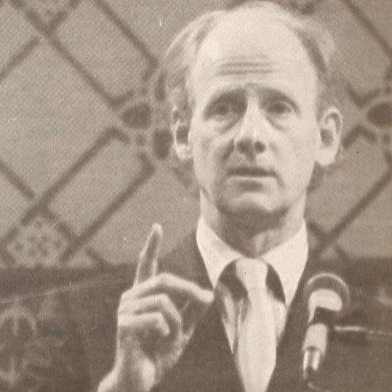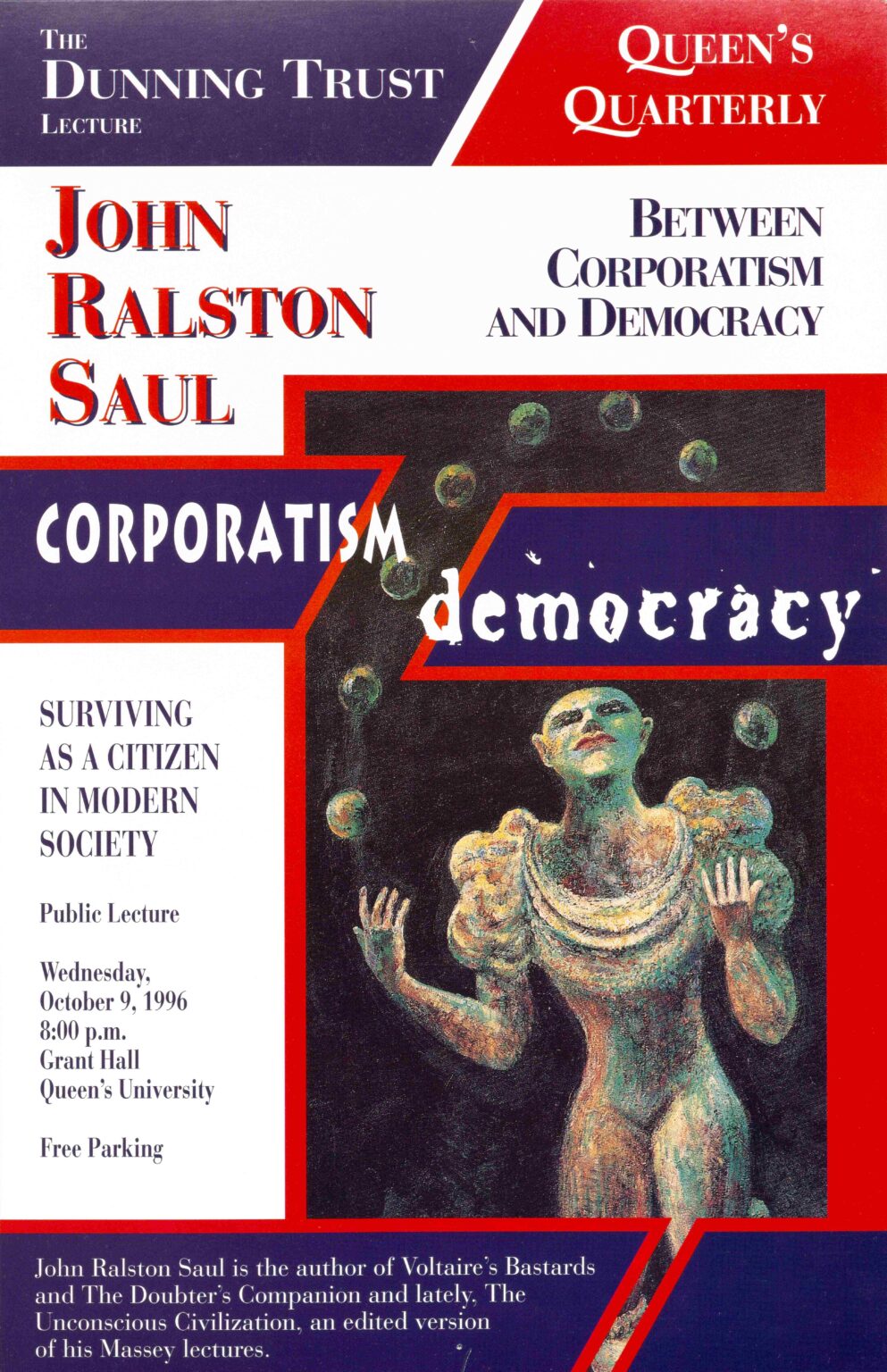
John Ralston Saul is an award-winning Canadian essayist, humanist, and author of the best-selling book, Voltaire’s Bastards: The Dictatorship of Reason in the West (1992), which examines Western power structures. The two sequels to this book, The Doubter’s Companion: A Dictionary of Aggressive Common Sense (1994) and The Unconscious Civilization (1995), which was the published version of his 1995 Massey lectures. He has also written six novels and is the general editor of the Penguin Extraordinary Canadians project. Saul’s 14 works have been translated into 28 languages in 37 countries. Saul studied at McGill University and King’s College, University of London, where he obtained his Ph.D. in 1972. From 2009 to 2015, he served as President of PEN International, a global organization of writers and journalists. Saul has received numerous awards and honours, including 21 honorary degrees. He is a Companion of the Order of Canada, the Order of Ontario and a Chevalier in the Ordre des Arts et des Lettres of France. He is also Founder and Honorary Chair of Le Français pour l’avenir/French for the Future, an organization that works to expand English-French bilingualism among secondary school students and a supporter PLAN, an organization serving people with disabilities.
In his Dunning Trust lecture, Saul discussed economics and politics in the 20th century, focusing on the struggle between democracy and what he termed “corporatism”. He claimed that there is a decline in the human capacity to think brought on by a willingness to accept ideals that are brought forth by elites as ‘absolute truths’, such as the value of privatization of government services, the importance of eliminating public debt, and the inevitability of trade growth, with minimal evidence to support them. This, in turn, clouds the ability to think of alternative perspectives and critically evaluate values and ideas. He suggested that in the mid-1990s, the more careful, complex contract of the public interest had disappeared under the steamroller of the commercial contract, the contract of self-interest. Ultimately, private sector efficiency would never match public efficiency, since the former was based on short-term profit and the latter on long-term consistency. He concluded that accepting neoliberal framings of the state deprives us of our only mechanism of power and forcing the state to operate by the rules of a business prevent it from functioning since the government cannot simply raise cash as it need sit.
The lecture was held on October 9, 1996.
